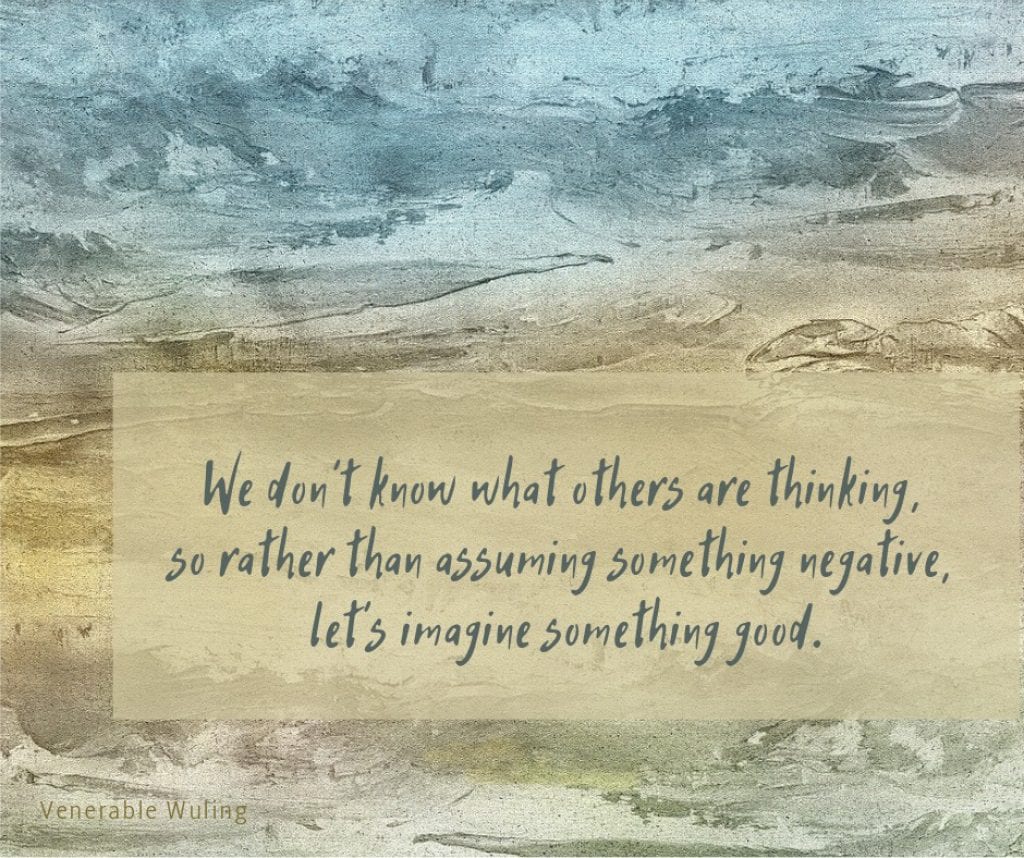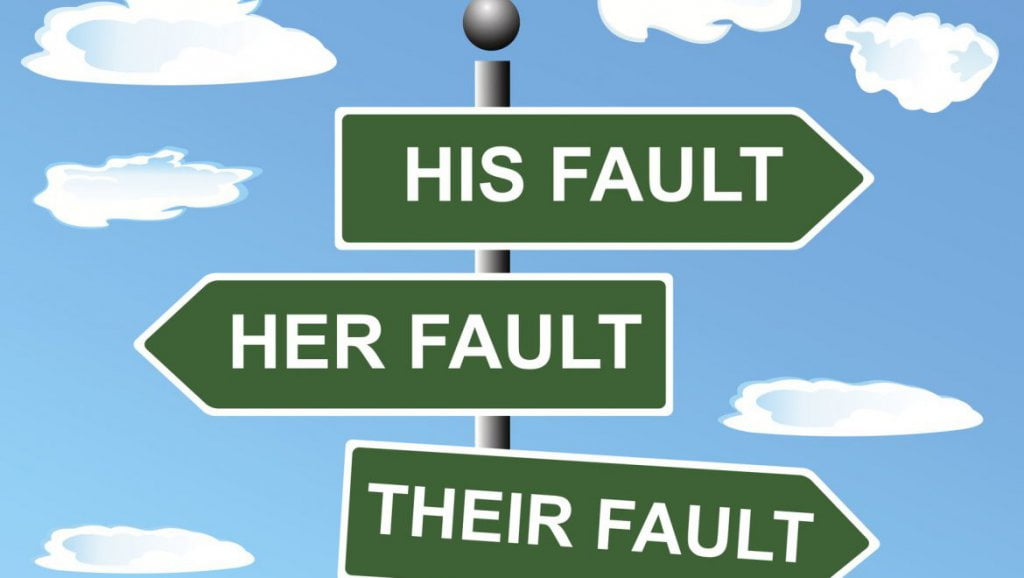All relationships require strong communication skills to survive and thrive. How we speak to those around us can make or break a relationship, and the same goes for our ability to listen when spoken to and take in what people are trying to tell us. There is no better time to step up or improve our communication game.
We live in a world where communicating with someone half the world away is right at our fingertips. It’s fair to say that we can all use a little extra help when speaking to each other. You can learn and perfect how to communicate effectively like any other skill. Nobody is perfect, so don’t feel bad if you’re not the best at expressing yourself and your feelings.
As I mentioned above, how we speak can affect the quality of our relationship with them. It can strengthen our trust and respect for each other or drive us further apart by creating conflict and uncertainty. So, take a moment to sit back and think about how you speak to those around you. Think about your interactions with family members, co-workers, acquaintances, friends of friends, and even strangers.
Are you communicating as effectively as possible, or could your communication skills use a little work? Acknowledging our communication shortcomings is the first step to improving the quality of our conversations with others. I’m discussing the top five communication barriers in this article and how we can address them.
Bottling Up Our Emotions

Expressing our feelings can be difficult because of the vulnerability involved in admitting our feelings and sharing our private thoughts. Expressing our feelings also poses the danger of being rejected, misunderstood, or contradicted. Saying what’s in our hearts can be very scary, but it’s something we need to do.
If we don’t share how we’re feeling about something calmly and willingly, it will come out at a less-than-pleasant time. We aren’t supposed to hold things in for too long. Our bodies can expel the negative thoughts, feelings, and emotions we’ve been trying so hard to keep inside. Unfortunately, it’s usually when we least expect it; more often than not, it’s in the worst possible way.
Once it gets to the point where we explode, we’re in primal mode and are usually feeling angry or frustrated. What follows is hardly ever respectful, kind, or civil. It’s also hard for people to understand us or where we’re coming from when we’re in that state. Don’t let your feelings get the best of you by bottling them up.
It’s important to remember that your opinions and emotions are just as important as anyone else’s. Make it a point to start expressing your thoughts and feelings. There’s a beautiful feeling that comes with voicing your truth. It also creates intimacy between you and those around you, showing others you trust them enough to share your thoughts.
Tiptoeing Around What We Want To Say

Being direct with what we want to say during a conversation is essential to communicating effectively. Dropping hints, beating around the bush, and speaking passively isn’t fair to us or the person we’re talking to. That’s because doing those things takes away the other person’s chance to comprehend what we’re trying to tell them.
Speaking vaguely and refraining from saying what we mean creates confusion. When we tiptoe around what we want the other person to know, we make it their mission to guess what we’re trying to get at. Making others work for what we want them to know isn’t okay. Being bold, honest, and authentic makes our intentions and expectations crystal clear to them. Once we directly let them know what we need from them, they can decide if they want to listen to us.
That’s their choice, but at least we know we were as straightforward and sincere as possible. Communicating this way creates respect in the relationship because we’re saying what we mean and meaning what we say. We’re making our needs and desires known clearly and not making things more complicated for the other person.
Assuming We Know What People Are Thinking

We have an interesting way of assuming we know what people are thinking. Our brains devise crazy scenarios or reasons for things we don’t understand. It’s easy to believe we already know what someone is feeling, thinking, or about to say. Assuming is a huge communication barrier because it removes the other person’s right to express themselves to us.
Once we assume we know somebody’s reason for doing something, we’re less likely to ask them about it; we avoid the subject and convince ourselves that what we’re thinking is true. Our negative assumptions can alter our relationship with that person, and they’ll never even know why! We might start acting cold or distant towards them because we believe in the worst-case scenario we’ve invented.
If you do this, it’s a habit you need to break so you don’t allow your imagination to run wild. Remember, you have no idea what others think unless you’re gifted with psychic or clairvoyant abilities. It would be best to stop yourself the next time that little voice inside your head starts speaking for other people. This voice often happens when you’re confused and don’t understand what’s happening.
For example, you texted your partner, but it’s been hours without a response. Or two coworkers were whispering to each other during your presentation. In cases like this, your brain might assume your partner ignored you because they’re tired of you and want to break up or that your coworkers were talking bad about you.
Stop This Behavior Before It Affects You
When you feel yourself making excuses for things, you must stop, take some deep breaths, and clear your mind. It’s important to remind yourself that you don’t know what the other person is thinking, and you can’t control how they feel about you; you can only control your thoughts and feelings. Giving others the benefit of the doubt would be best instead of assuming the worst. Ask them if you need to know why the other person did or said what they did.
Be calm and direct with them and let them know you’d appreciate clarification on whatever they did. When we give people the opportunity to be straight with us, we learn a lot of things. Our assumptions might be correct, but at least we know for sure instead of just assuming. Don’t forget that, more often than not, what people say and do has more to do with themselves and less to do with us.
Playing The Blame Game

It’s so easy to attack or criticize someone who we feel hurt us or who we’ve had an argument with. We might stew on what the other person did to anger or upset us, which gets us all riled up. The more we think about it, the angrier we get, and when we can’t take it anymore, we explode. We lash out at them and stop listening to reason.
We tend to always blame other people for making us feel bad. If you’re guilty of this, you need to start owning your feelings and holding yourself accountable for your feelings. People have the right to say or do whatever they need to tell you; there’s nothing you can do about that. However, this doesn’t mean you have to react to it.
If your best friend tells you you’ve been a bad friend because you never spend time with her anymore, try not to focus on how that makes you feel. Don’t work yourself into a frenzy wondering how they can think that about you. Instead, try to look at it from her point of view. Instead of thinking, “she shouldn’t have talked to me like that!” think, “She’s hurt because I haven’t been making time to hang out with her.”
Put yourself in people’s shoes instead of automatically blaming them. There are no winners in the blame game, so we must be bigger and look beyond ourselves and our emotions. It’s better to let people know that while we didn’t like how they spoke to us, we thought about it and understood why they felt that way instead of getting mad at them.
Only Thinking About Ourselves

Being the bigger person during a heated conversation can be difficult. It’s easy to tune the other person out or interrupt them. Interrupting is another barrier when it comes to communicating effectively. It may be hard at first, but slow your thoughts down the next time you find yourself in a difficult conversation. Take some deep breaths, relax, and give all your attention to what the other person is saying instead of thinking of something snarky or hurtful to say.
Don’t keep trying to get the next word in while they’re trying to tell you something. Focus on that person and force yourself to be in the moment with them. You’ll be amazed at how much of a connection we can make with someone we thought was against us. We can understand where they’re coming from when we truly listen to them. Listening allows us to see things from their point of view and respond from a place of understanding instead of anger.
When we put the other person first, our responses are calmer and more thoughtful, which makes the other person feel validated and heard. When people feel this way, they’re more likely to do the same for us when we’re expressing our feelings to them. This communication style makes our conversations more genuine and meaningful, strengthening bonds.
I know that being open and honest about our emotions can be challenging. Especially when telling the truth reveals our insecurities or flaws. Overcoming our fear of vulnerability during conversations creates a stronger connection in our relationships and is worth it. People will notice how sincere and genuine we are, leading to a more fulfilling relationship between them and us.
You May Need Help Being Vulnerable, And That’s Okay
If you find that you can’t be vulnerable with those you love no matter how much you’ve tried, it could be that you’ve subconsciously buried that part of yourself deep down inside. It’s common to build walls around yourself to protect yourself. However, this only works to alienate and isolate yourself because you need a certain level of vulnerability to maintain authentic relationships. A talented psychic from the networks below can help you recognize and break down the barriers you have built for yourself and have kept people out.

Readings as low as $10!

Readings as low as $5!

Get 6 minutes free!









